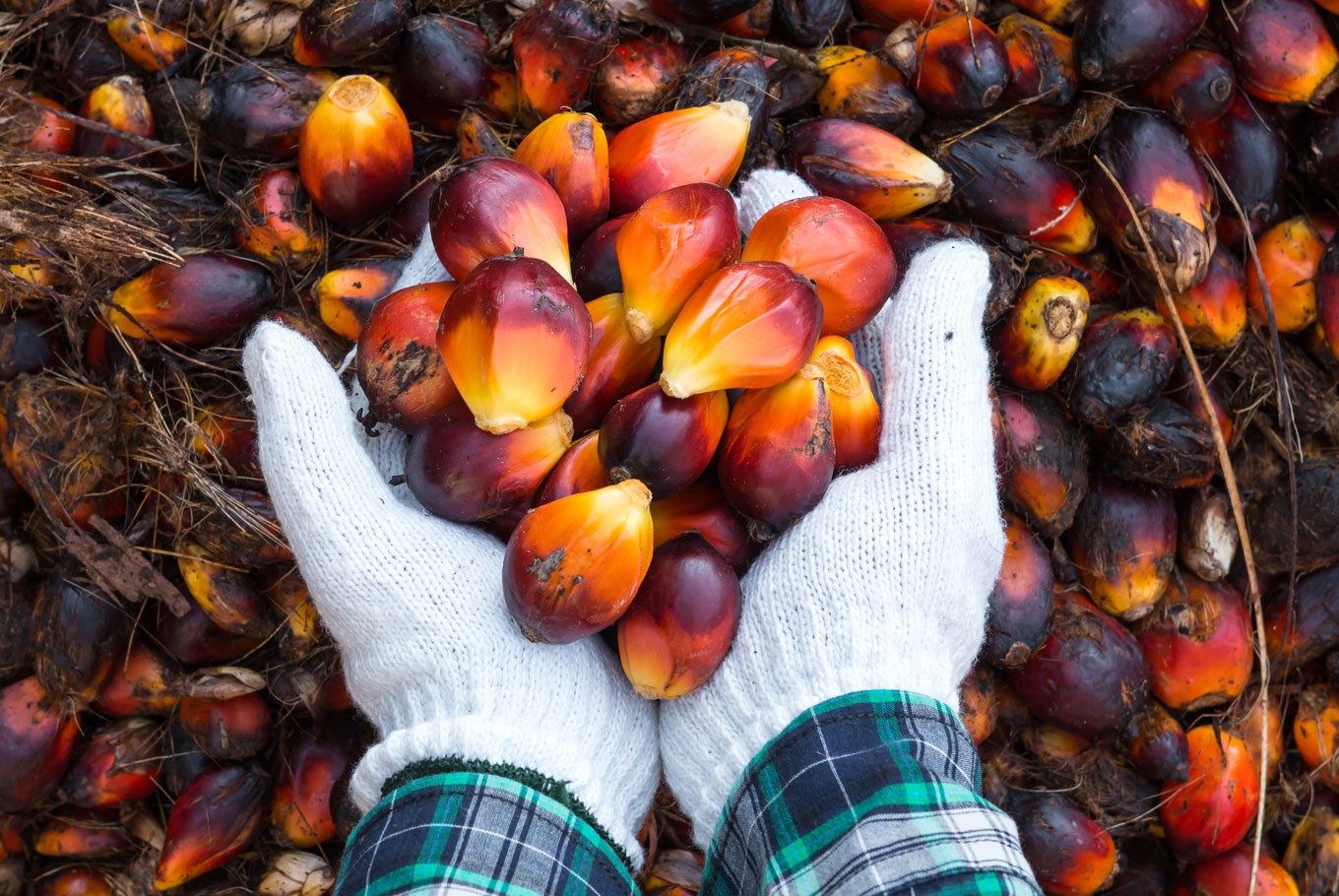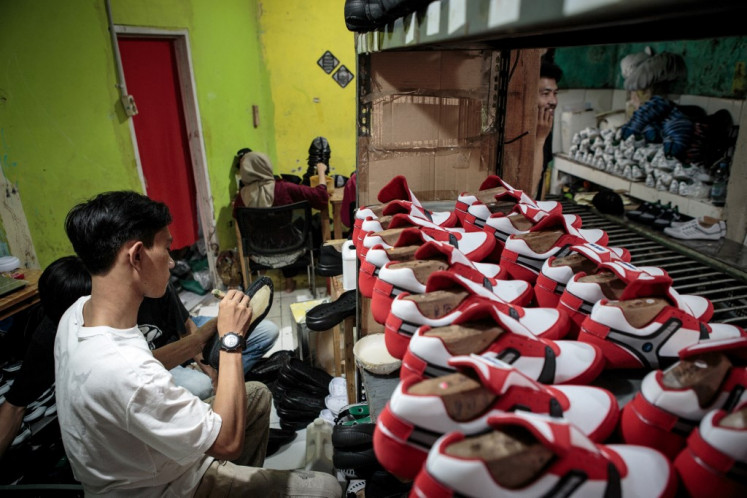Popular Reads
Top Results
Can't find what you're looking for?
View all search resultsPopular Reads
Top Results
Can't find what you're looking for?
View all search resultsAn erosion of trust in palm oil
The new rules that single out and ban palm oil from the EU’s Renewable Energy Directive (RED) have soured relations between the EU and palm oil-exporting countries.
Change text size
Gift Premium Articles
to Anyone
U
ncovered documents show European Union officials had concerns palm oil regulations would jeopardize EU-Indonesia relations and break global trade rules under the World Trade Organization. But EU officials have been defiant in terms of an international legal challenge.
The new rules that single out and ban palm oil from the EU’s Renewable Energy Directive (RED) have soured relations between the EU and palm oil-exporting countries. The EU-Indonesia free trade agreement, for example, appears to be on hold until the issue is settled.
Internal correspondence between EU officials shows that the EU has been acutely aware that the EU’s rules may break WTO rules and jeopardize its relations in the ASEAN region. A document we have obtained shows that the most senior EU officials were completely aware that Renewable Energy Directive proposals on palm oil would fall afoul of the World Trade Organization Agreements.
Last year, EU Trade Director General Jean Luc Demarty sent hand-written legal advice to Energy Director General Dominique Ristori, stating clearly that banning palm oil “[or an equivalent] proposal in the REDII would create serious risks of exposing the EU to WTO challenges with no solid defense”.
Further, the detailed legal advice Demarty provides from lawyers at the EU Trade Directorate General states that a ban on palm oil for the RED — even if it’s hidden behind an environmental argument around the level of emissions — was against the foundation agreement of the WTO.
Demarty considered the legal advice to be serious. He stated that this advice should only be circulated on a “need-to-know basis”. Demarty is a highly-respected commission official, with decades of service. He stated clearly that the commission’s original proposal — that did not discriminate between any biofuels and did not single out palm oil — was the best option.
This did not happen. Palm oil was eventually singled out in the RED. Since then, officials such as EU foreign policy chief Federica Mogherini have publicly stated: “We are confident that what we are doing is in line with our WTO obligations."
Yet Demarty’s letter to Ristori clearly anticipates the damage the rules will cause. He states: “Broader impacts on trade relations could also be expected, notably with regard to the possible adoption by palm oil-producing countries of retaliatory measures against EU products or risk jeopardizing the negotiations for free trade agreements with Indonesia and Malaysia.”
Palm producers from Indonesia and elsewhere have two major concerns. First is that the rules only single out palm oil. Why is palm singled out when crops such as soybean are responsible for twice as much deforestation?
Second is that this singling out will extend beyond renewable fuels and into food and oleochemicals. The EU has introduced a Deforestation Action Plan, that will aim to reduce the EU’s “imported deforestation”.
Producers fear that palm oil will again be singled out. Picking on palm oil has been the EU’s pattern thus far. It has been picked on by the three arms of the EU in Parliament, the council and the commission.
These concerns are justified, particularly from Indonesia. Indonesia challenged the EU’s antidumping tariffs on Indonesian palm-based biodiesel through the WTO — and won. But within weeks of the WTO decision, the EU announced a new set of tariffs on Indonesian biodiesel, claiming that it received an unfair subsidy.
EU Ambassador to Indonesia Vincent Guerend has tried to dismiss Indonesia’s growing concerns about EU policy. He stated earlier this year, “What is frequently described here as a ‘black campaign’ against palm oil is an expression of the genuine environmental concerns of consumers as well as manufacturers.”
The combination of the RED ban, European high tariffs and ongoing EU-funded NGO action against palm oil make the “black campaign” very real. Much of it has nothing to do with consumers or manufacturers. Indonesia should be concerned, as should Europe.
But a win-win solution can still be found with respect to the EU concerns on the environment and Indonesia's concerns on palm oil in EU markets and sustainable development. An equitable negotiated outcome is possible under a strong legal framework for sustainable palm oil in the Indonesia-EU Comprehensive Economic Partnership Agreement.
***
Hasan is a senior economist at the Institute for Development of Economics and Finance (Indef) and Hegarty is a director at ITS Global and publisher of Palm Oil Monitor.










